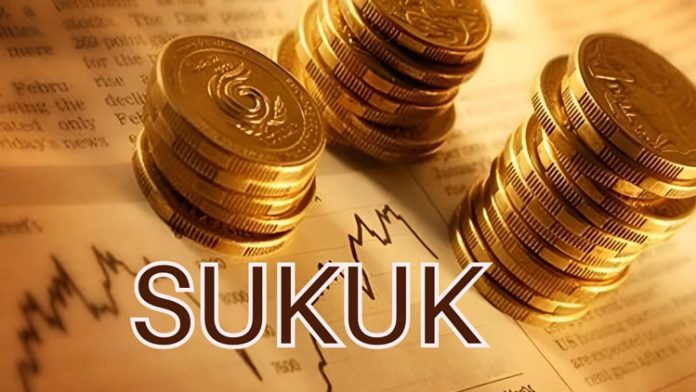Colombo, June 19 — Sri Lanka’s first-ever listed Sukuk, a Shariah-compliant Islamic bond issued by renewable energy company Vidullanka PLC, has been oversubscribed, according to the issue managers.
The Rs.500 million Sukuk, launched on the Colombo Stock Exchange (CSE), marks a historic milestone for Islamic finance in the country. The offering consisted of 50,000 Sukuk, each priced at Rs. 100 with a 5-year maturity period, and was structured to provide two return options for investors.
The first option, structured under the Ijarah (lease-based) model, offers a fixed semi-annual return of 10.75%, translating to an effective annual yield of 11.04%.
The second option is a floating rate Sukuk, which aligns returns with the Average Weighted Prime Lending Rate (AWPLR), subject to a cap of 13% and a floor of 10%.
Under both options, the returns are structured as rental payments for leasing, with Sukuk holders considered partial owners of the plant and machinery of Vidullanka’s Lower Kotmale Oya mini hydro power project.
This successful issuance is seen as a significant step forward in diversifying Sri Lanka’s capital markets and promoting ethical, interest-free investment instruments aligned with Islamic financial principles.
A Sukuk is a financial instrument similar to conventional debt securities and is linked to an underlying asset (normally tangible). From the perspective of investors, holding a Sukuk represents partial ownership of the relevant asset. Sukuk exist because in Islamic finance, the charging or receiving of interest is prohibited; under Shariah, an investor should realize no profit or gain merely for the employment of money.
Whereas conventional bonds evidence a debt owed by the issuer to the bondholders, sukuk certificates evidence the investors’ ownership interest in the underlying sukuk asset, which entitles them to a share of the income generated by that asset. However, in practice, the contractual structure is such that the return is predetermined and the dominant risk is the credit risk of an ultimate obligor. They are thus very similar to conventional debt securities in economic terms.



